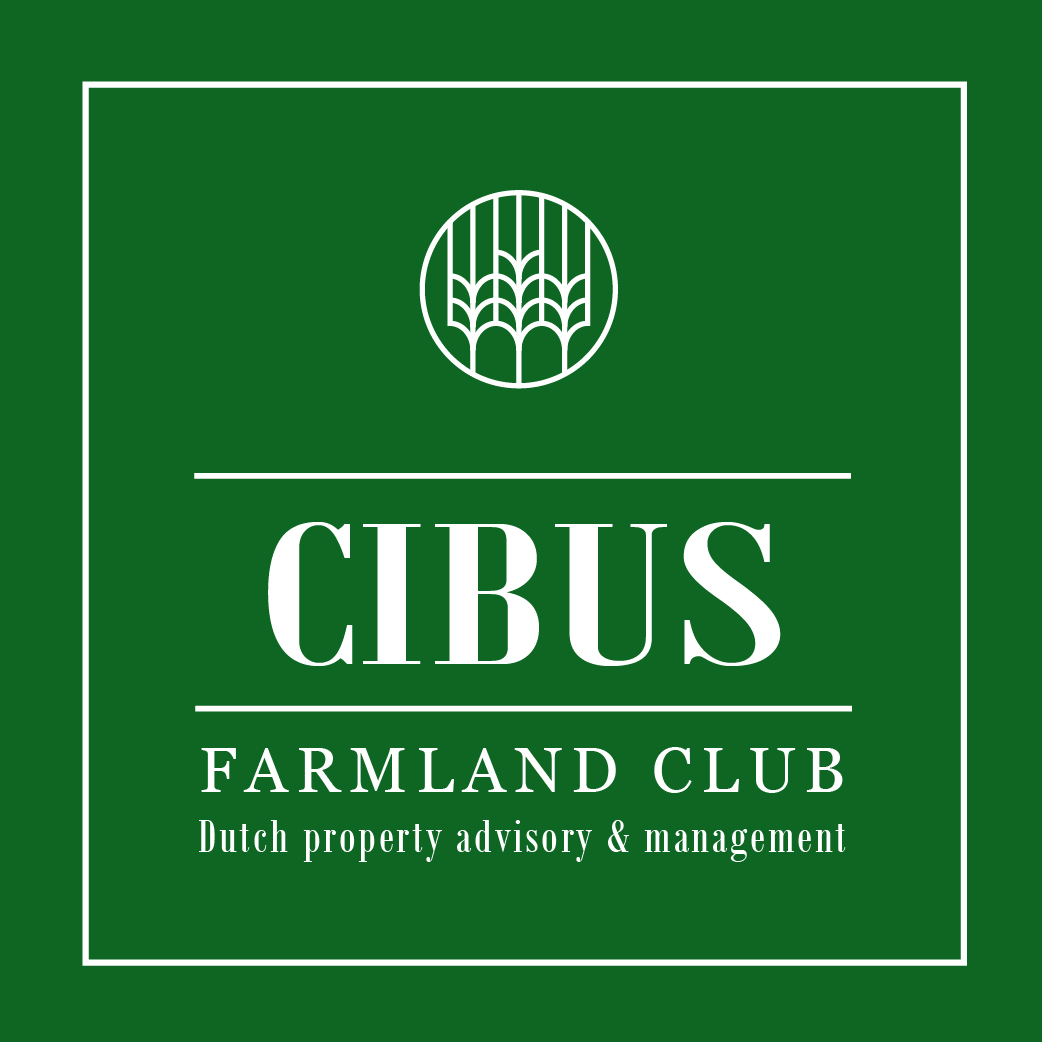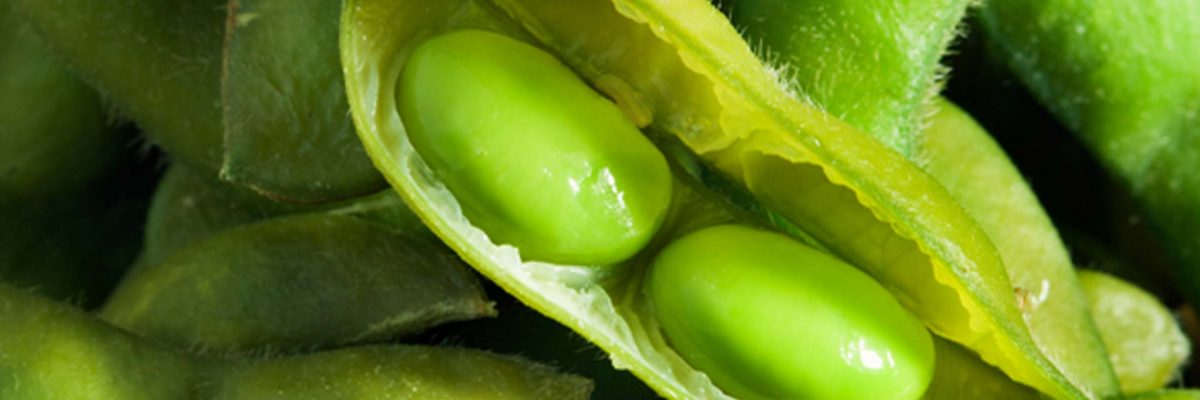Training and education
Overall objective
The overall objective is to create a skilled labour force in the area where investments take place.
Specific objectives (intended effect):
- Developed skills for farmers in order to increase their production, and to improve knowledge and practices in cultivation, post-harvest, distribution and marketing
- Improved capacity and service delivery of farmer cooperatives to strengthen purchasing power, cultivation practices, certification, marketing, distribution and financial matters
- Diversified crops portfolio, considering value adding (processing)
- Strengthened institutional capacity of national/public bodies
- Crops connected with knowledge institutes and applied research
- Optimized use of water and energy resources
Road Map
Cibus Farmland Club suggests to include in every investment technically feasible and economically viable interventions directed to a farmland investment, aimed at both cooperatives and individual farmers.
Cibus Farmland Clubs member Delphy has a huge track record in farming education worldwide, regarding interventions and the organizational aspects as described. The suggested interventions can be summarized as follows:
- Establishing and equipping knowledge farms
- Support of universities and improve agricultural educational programs
- Study group concept
- Establishing and or strengthening of cooperatives
- Train trainers, practical coaching
- Demonstrations of new techniques and crops related to practical research
- Pilots and trials on energy saving methods and use of sustainable energy
- Pilots and trials on efficient water use and recirculation
- Introducing and/or elevating financial instruments and train financial institutions
- Organise seminars and workshops for stakeholders throughout the value chain
- CFC introduces new techniques and crops, including the whole value chain. Finally CFC may train personnel of public bodies and cooperatives.
Needed is a coherent approach of production improvement: building capacity of both individual farmers and cooperatives.
Phasing
Phasing and start-up
Cibus Farmland Club implements training programs in four phases assuring the achievement of the desired results. These four phases are:
Phase 1 Inception phase
CFC starts with an inception mission in order to validate the current status of the crop production, taking into account production systems, available resources, market opportunities and comparative advantages in production and marketing. Based on this, we will advise specific farmer target groups on the best development opportunities in their specific conditions, and will assist farmers in developing business plans as well as implementing those plans. The inception phase starts with:
- Identify possibilities for new crops
- Identify possibilities for demonstrations of new techniques and crops related to practical research
- Scoping/assessment mission of present co-operatives
- Assessment of possibilities for Global Gap
- Identify possible research items and connect to research institutes
- Connect to national/public bodies and assess the training needs
Inception phase related activities comprise of (I) conducting a multi-stakeholder envisioning workshop, (II) crop sector quick scan, (III) development status and needs assessment, (IV) make a long-list of crop farmers and production in volume and value for the specific region.
Implementation phase (phase 2)
Concept Targeted Model Farm
- Through the targeted model farm we show the possibilities of new techniques, good practices in production, new crops and sustainable growing (including the efficient use of water and energy)
- Secondly, the targeted model farm should be open to organizing study group meetings on this farm. New developments and good practices will be shown. These will be discussed and a professional discussion leader will lead the discussion towards applying these on the participating farms
- Thirdly, trainers of cooperatives and public national bodies will participate in the training and consultancy visits, and by doing so, learn how to effectively advice and support farm management
- The consultant will join the trainers and extension workers in their training and visits the farms in coaching on the job. By this approach, both trainers, extension workers and farm managers benefit optimally form these visits
The farm managers will sign a Memorandum of Understanding (MoU), which clarifies all obligations for the farm management and cooperatives, Cibus Farmland Club and other partners.
Study group concept
Part of the education program is the start-up of study groups. Local cooperatives will take care of the organization of study groups. CFC supports the study group meetings and explains the participants how to realize benefit from working together. Preferably these meetings are on a farm of one of the participants. Result of these study groups is an increased understanding amongst participants and trainers on how to deal with discussed technical, organizational and financial management issues on their farms. Verification for the study group meetings is done by evaluation reports. The study group concept can be involved in the practical research, to discuss the outcomes. The study groups are to meet at least once every 2 months.
Trainers of trainers approach
In order to obtain sustainability after the education duration (new coming) staff or organizations will have to be trained in best practices of extension. Therefore, several lecturers will be trained in becoming a field trainer. We propose an overall training model in which first, cooperative staff becomes acquainted with – and receives training in- relevant subject matter areas.
Research farms and crop selection
Sometimes a farm will be selected as research farm. These kind of farms will be open to do practical research on items which are important for the development of the Romanian farming industry. The following research items will be considered for implementation:
- Soil health
- Integrated pest management (IPM) and organic growing
- Crop selection
- Micro climate including humidity in relation to diseases
- Waste management
- Water treatment, irrigation and fertilization
The list of research items is not exhaustive, and can be adjusted according to the needs of and/or the chances in the region. Our consultants will monitor and support the tests. Romanian knowledge institutes will be involved in this research, both to upgrade their curriculum by supplying high level internships to students, and to create a constructive exchange of academic knowledge and practical issues.
New crops
The possibilities for new crops will be researched on the knowledge farm, or on promising areas nearby or related to cooperatives. In total 10 demonstration plots will be prepared where amongst others possibilities for alternative crops will be researched.
The findings will be presented in brochures, and will be used as input for training in study group meetings. Moreover the results will be obtained by cooperation with Romanian agricultural universities and research institutes.
Pilots on water saving and sustainable energy
Pilot projects will act as an example for the possibilities of technologies to improve crop production, reduce losses, and lower production costs. The engineering used in such a project will apply to the following conditions:
- Affordable
- Quick return investment
- Suitable for present climate conditions
- Easy to apply water- and energy facilities are crucial
Capacity building training
The training means to scrutinize one item at a time. For each item a trainer prepares the basic ingredients. The training will be practical and adjusted to items that have specific relevance for that region and period. Moreover the training takes into account the results realized on the research farms. The training program focusses on:
- Production; basic ways to increase crop yields
- Nursing of crops; taking care of crops, using fertilizers effectively and recognising when a crop has special needs and how to act on this
- Disease control; methods to prevent diseases and pests from entering the crop. Identifying diseases and pests and using (chemical/biological) methods to counter them
- Engineering; the most effective way of using existing systems and raising awareness on new technical systems that will help increasing production and lower production costs. Hereby focusing on the management of water and energy (systems). Including water storage, water recirculation, energy saving and the use of several types of (renewable forms of) energy
- Post-harvest treatment; ways to keep harvest as healthy as possible by using techniques to limit post-harvest losses. Post-harvest activities include handling, storage, processing, packaging and transportation. Due to the importance, transportation will be addressed separately
Additional subjects are: research application training, labor management, hygiene, quality control, preparing a business plan and others.

